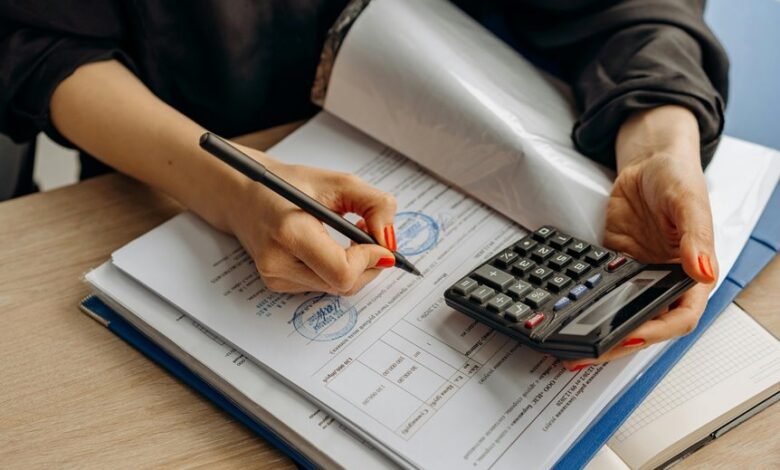Caller Verification Tool 3319910421 3891225884 3204474254 3510875076 3284582524 3805918614

The Caller Verification Tool utilizes advanced algorithms to authenticate caller identities by cross-referencing identification data with a secure database. This process is crucial in mitigating risks associated with fraudulent communications. As identity theft becomes increasingly prevalent, the need for robust caller authentication systems is evident. Understanding how these tools function and their implications for personal security raises important questions about the future of communication safety. What developments can we expect in this arena?
How the Caller Verification Tool Works
When an incoming call is received, the Caller Verification Tool initiates a multi-step process to authenticate the identity of the caller.
This involves analyzing caller identification data against a secure database, assessing potential risks, and utilizing advanced algorithms to ensure phone security.
Benefits of Using Caller Verification Tools
As organizations increasingly face the threat of fraudulent communications, the implementation of Caller Verification Tools offers significant advantages in safeguarding both personal and business interactions.
These tools enhance fraud prevention by validating caller identities, thereby reinforcing trust building among stakeholders.
Additionally, they streamline communication efficiency, allowing for quicker decision-making and reducing the risks associated with unsolicited or deceptive calls.
Protecting Your Personal Information
While the digital landscape presents numerous opportunities for connectivity, it simultaneously exposes individuals to heightened risks regarding personal information security.
Identity theft remains a prevalent threat, driven by inadequate safeguards and rampant privacy concerns.
Protecting personal data necessitates rigorous measures, including encryption and vigilant monitoring of digital footprints, to mitigate vulnerabilities and uphold individual autonomy in an increasingly interconnected environment.
The Importance of Caller Authentication in Modern Communication
Although advancements in communication technology have facilitated unprecedented connectivity, the necessity for robust caller authentication has become increasingly critical.
Enhanced caller privacy measures are essential for safeguarding personal information against rising threats. Effective caller authentication systems are pivotal in fraud prevention, enabling users to verify identities before engagement.
As reliance on digital communication grows, these mechanisms are vital for ensuring secure interactions in modern society.
Conclusion
In an era marked by increasing identity theft and privacy breaches, the efficacy of Caller Verification Tools is paramount. By employing sophisticated algorithms to authenticate caller identities, these tools not only bolster individual security but also enhance trust in communication. As the sophistication of fraudulent attempts evolves, the question remains: will current technologies keep pace with emerging threats? Continued innovation in caller verification will be essential to safeguard personal information and maintain secure interactions in an interconnected world.




